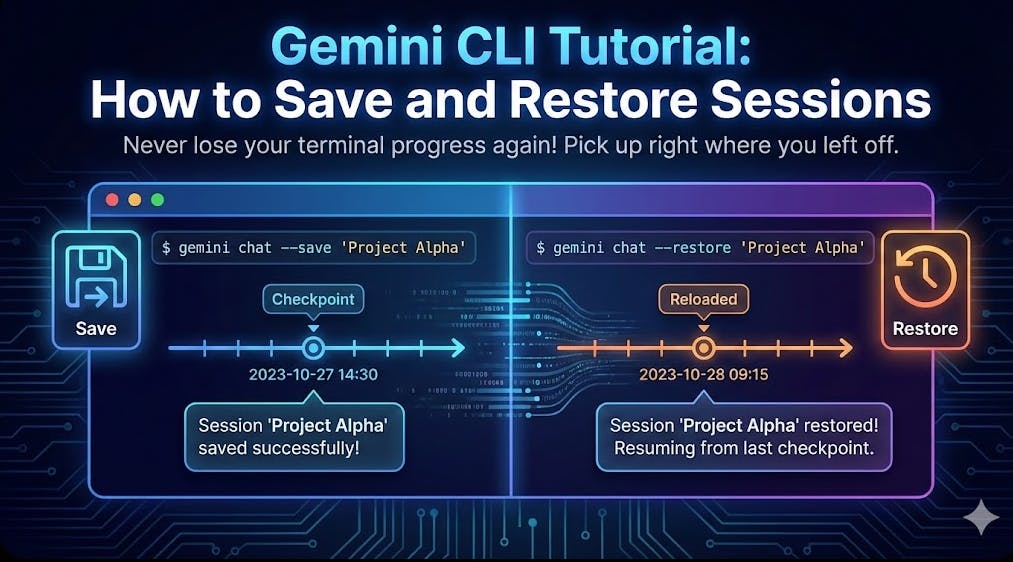Virtual Assets Service Providers (VASPs) that fail to comply with provisions of Nigeria’s new tax laws will face an initial penalty of ₦10 million ($6,693) in the first month of default, and ₦1 million ($669) for every subsequent month. Their licences will also be at risk of suspension or revocation by the Securities and Exchange Commission (SEC), according to the Nigeria Tax Administration Act, 2025 (NTAA), set to take effect in 2026.
Signed in June 2025, the law is part of sweeping reforms to overhaul Nigeria’s fiscal framework and boost revenue. Nigeria has had an uneasy relationship with crypto operators since lifting its ban on banks offering services to them in December 2023. The government has blamed the sector for the naira’s volatility, tax evasion, and terrorism financing, but now it wants it to help lift Nigeria’s tax-to-GDP ratio from under 10% to 18% by 2027.
Crypto tax and regulatory timeline
In March 2024, the SEC categorised VASPs as cryptocurrency exchanges, peer-to-peer (P2P) platforms, and over-the-counter (OTC) desks, while proposing to raise their minimum paid-up capital to ₦1 billion ($669,339) from ₦500 million ($334,669).
In July 2024, KuCoin, a global crypto platform, said it would begin charging 7.5% value-added tax (VAT) on transaction fees to comply with the Federal Inland Revenue Service (FIRS)’s requirement and avoid any potential conflict with the tax agency, in light of Binance’s tax issues in the country.
By August 2024, the SEC granted provisional licences to Quidax and Busha. Around the same time, FIRS chairman Zacch Adedeji hinted at drafting a bill to overhaul revenue administration, including crypto.
“We need a law that regulates that area of our economy. This is why we are having this engagement with the legislators. We will regulate it in a way that is not injurious to the economic development of Nigeria,” he said.
By March 2025, the Investment and Securities Act (ISA) 2025 came into effect, recognising virtual/digital assets as securities and bringing VASPs, Digital Asset Operators (DAOPs), and Digital Asset Exchanges (DAXs) under the SEC’s regulatory purview.
Crypto as a revenue source
Nigeria is one of the largest crypto markets globally, receiving $92.1 billion in value between July 2024 and June 2025. The government, through the Finance Act of 2022, imposed a 10% tax on profits from digital assets, including cryptocurrencies, to tap into this, but it didn’t work out.
However, the new NTAA explicitly requires any taxable person engaging in virtual assets-related activities, including the exchange, trading, custody, or issuance of virtual assets, to register with the relevant tax authority as a VASP for tax purposes.
“Any VASP who fails to comply with the provisions of this Act shall be liable to an administrative penalty of ₦10,000,000 in the first month of default…” it said.
NTAA recognises the role of the SEC in the licencing and regulatory process, but spells out taxable transactions, including the sale, exchange, or transfer of virtual assets.
Mining or staking activities that generate income, airdrops, bounties, or any form of virtual asset received as compensation or reward, and any other transaction or activity relating to virtual assets.
“Transaction where payment for goods and services is made with virtual assets, shall (a) be subject to the same tax treatment as transactions conducted in fiat currency ; (b) have the same value as the goods and services, determined at the market price at the time of the transaction; and be reported as income by the person receiving such payments in virtual assets and pay taxes in accordance with the provisions of this Act,” it read.
Beyond taxes, VASPs must now report large or suspicious transactions to the tax authorities and the Nigerian Financial Intelligence Unit (NFIU), among other new compliance expectations.
“Maintain accurate customer information to comply with Know Your Customer (KYC) requirements; and maintain records of all customer transactions and identification data for at least seven years after the date of the last transaction,” the document read.
“We are now like banks that are over-regulated,” said one crypto player who asked not to be named to speak freely.
The law is unclear on the exact percentage of profit it will charge as tax, but Senator Ihenyen, lead partner at Infusion Lawyers, says that the law is part of efforts to make digital assets more prominent for economic and security reasons.
With this move, Nigeria is aligning with Kenya (10% excise duty) and South Africa (up to 18% tax on crypto returns). For crypto operators, the new tax laws equate to higher compliance and regulatory oversight.
“Regulation and monitoring will make tax compliance easy,” said Chimezie Chuta, founder and coordinator of Blockchain Nigeria User Group. For users, taxes, especially VAT, could mean higher transaction fees as operators pass costs to them.
The new tax laws are expected to take full effect in 2026 as the government ramps up efforts to bolster declining revenues. “For companies doing business in Nigeria, tax payment is obligatory,” added Dare Adekanmbi, special adviser on media to the FIRS executive chairman, Zacch Adedeji.
Mark your calendars! Moonshot by is back in Lagos on October 15–16! Meet and learn from Africa’s top founders, creatives & tech leaders for 2 days of keynotes, mixers & future-forward ideas. Get your tickets now: moonshot..com










